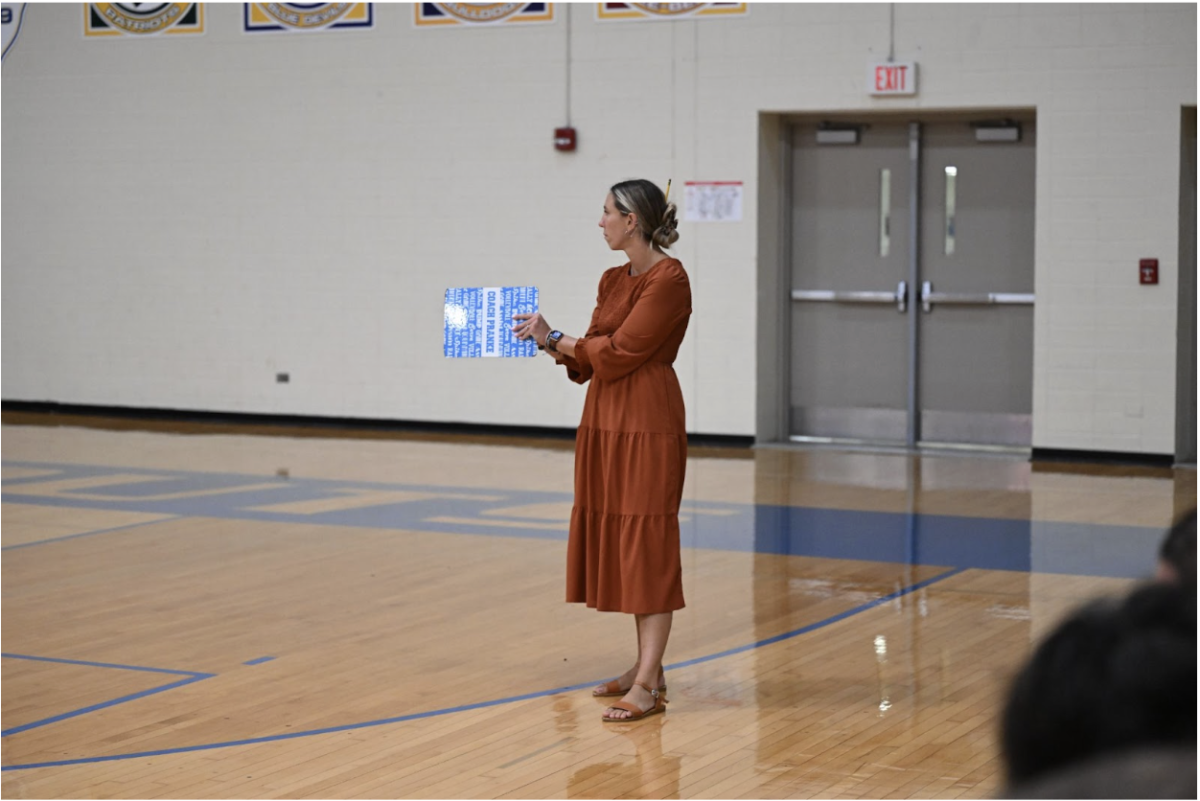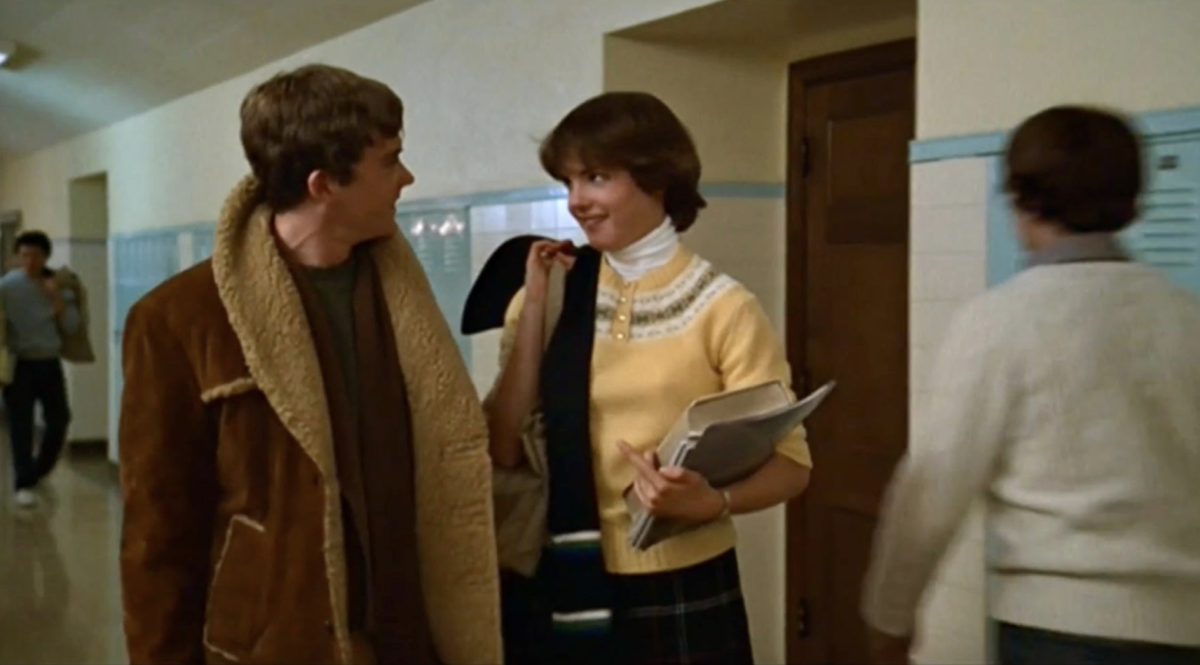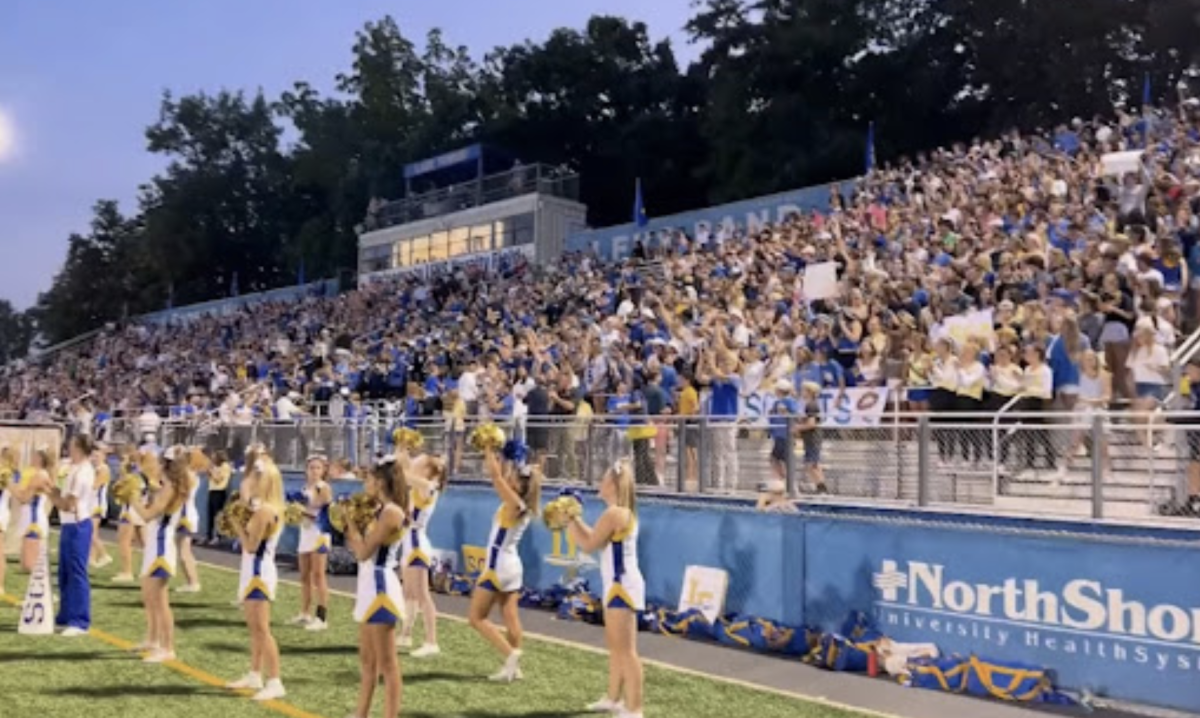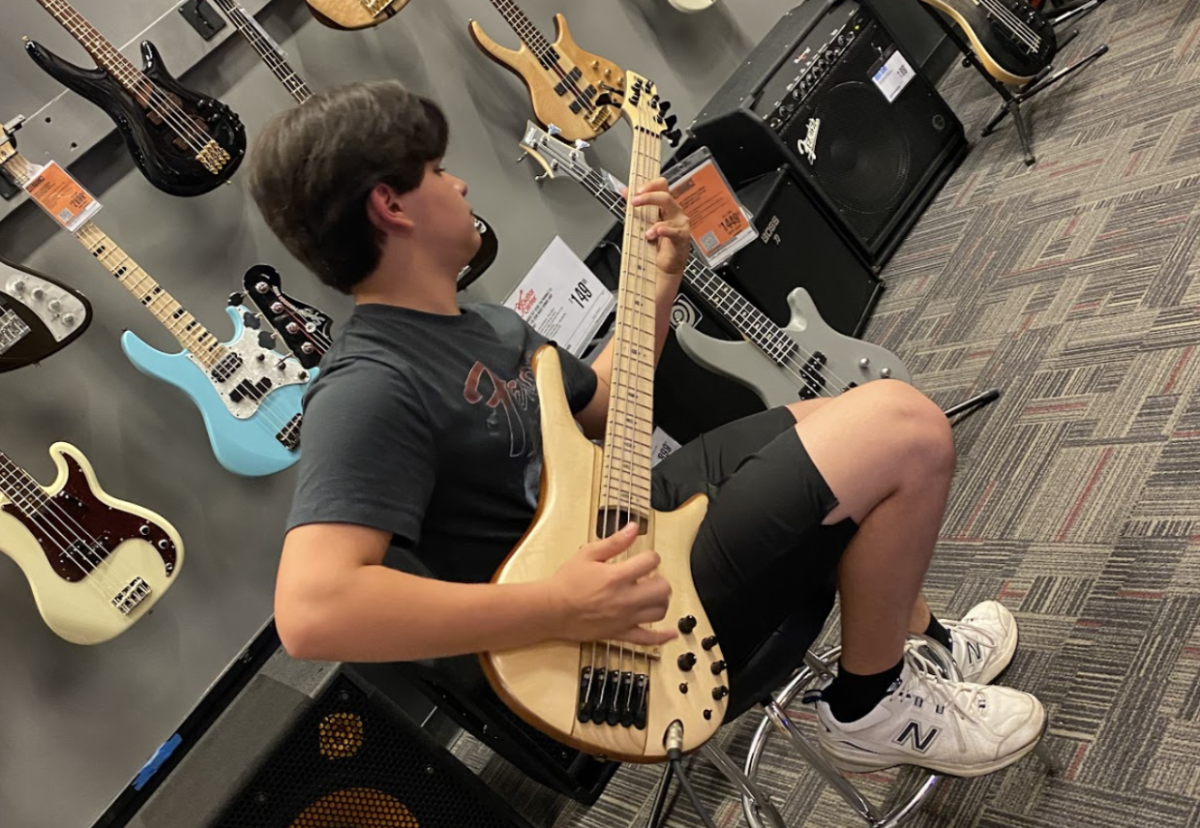Teacher and Varsity Volleyball Coach Ms. Leah Pranke has been a part of the LFHS community for eight years. Pranke is an enthusiastic biology teacher by day and a hardworking coach by evening. Pranke took on the role of Varsity Head Coach this year despite managing other challenges such as recovering from a major shoulder surgery.
Given you have been a JV coach for multiple years, how did you feel when you became a varsity head coach?
“It took a very long time for me to decide to become head coach. I’ve coached every level of volleyball in boys and girls. I think a big difference between being a lower head coach is you’re not only responsible for your team anymore, but you’re also responsible for every single person in that program. Instead of just managing 12 girls you’re managing 70 girls, instead of just managing your team you’re managing 5 adults, which was a very big change in that sense. I felt excited. I’m looking forward to a new challenge. I think that’s one of the reasons that I did it. Coaching all levels has given me a perspective of the whole player and where they come from, where they are going, to where I can get them and I think that given this opportunity I was excited to coach at a higher level with more competition and a faster pace in volleyball.”
How do you feel about coaching with Assistant Coach Mr. Ray Werner?
“He’s the reason I did it. When Coach T [previous Varsity Head Coach ]decided to step down, Coach Werner and I had many conversations about who the head coach would be and what would be best for this program. When it came down to it, the only reason I accepted or even applied for the position was because he was the assistant and I knew he was somebody who could pick me up in the areas that I was lacking. I think when you look for a partnership between two people, whether it’s in the classroom or the gym or friendships, you want someone whose strengths are different than yours so together you can be the best team. My weaknesses are his strengths and his weaknesses are my strengths, so together we make an excellent team.”
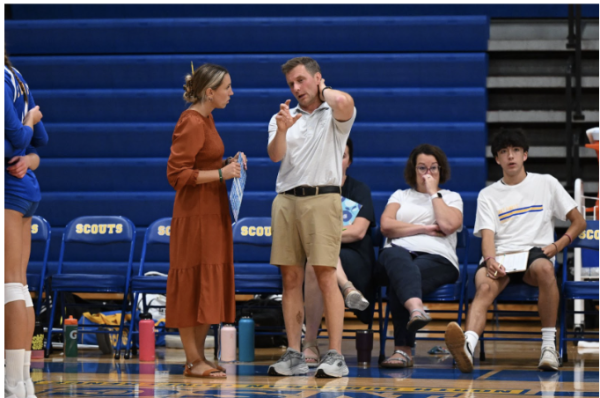
How do you best manage coaching while also recovering from shoulder surgery?
“I was hoping to be done with physical therapy by now, but I am not. I am about ten months out of surgery on my right shoulder and one year and ten months on my left. Having back-to-back surgeries year after year has been incredibly challenging, especially my third and fourth overall shoulder surgery. What I’m trying to do is be as open and honest with people as possible because I think it sends the message to people of how important it is to take care of your body. As athletes, we put a lot of pressure on our bodies, and a lot of times we ignore those injuries or try to push through them instead of taking care of our bodies. It’s a challenge but I have an incredible support system at the school that helps me with everything I do.”
Do you feel more pressure as a Varsity Coach compared to when you coached the freshman and JV levels?
“100% yes! The big thing for me is to not focus on the wins and losses but to focus on the growth of the team. I think so often we get caught up in the result that we forget about the journey and we forget about all the things it takes to get there, it’s not all about the end journey. Do I want to win regionals? Absolutely. Do I want to go far? Absolutely. Will I be disappointed? Maybe, but I would be proud of the team if we grow from where we started, and that’s what I expect. There are definitely more expectations in terms of outside factors looking in on you as a Varsity coach, especially your first year I feel like there’s a lot of pressure, but I also think I’m putting that pressure on myself more than anything else.”
What is the biggest difference between being a Varsity Coach and being a JV coach?
“The pace of the game. The level of play is much faster at a varsity level versus a JV level. There’s a lot more to think about as a coach – you have many more options than you do at a lower because of the level of play and the pace of the game. You can do a lot more in terms of coaching and manipulating the game in a way to benefit the strengths of your team, whereas for a JV team that might be a little harder to do.”
What is your favorite part about coaching high schoolers?
“I think it goes along with teaching: I love high schoolers, and I love working with kids, that’s why I do this. I love to see the growth in people as players, students, and individuals. I think that coaching is not all about the wins and the losses, it’s about what sports can teach you. They can teach you resilience, they can teach you how to be mentally tough, and they can teach you how to overcome challenges. Hard things don’t define you, the way you react to hard things defines you, and being able to work with kids and help them through those challenges and ways to become better is something I look forward to every single day. I think it is important to challenge people but also support them through that challenge.”
Do you find coaching to be similar to teaching?
“Very similar. It’s more physical but I think a lot of things transfer and I think that as a teacher and a coach, my job is to give students or student-athletes the resources they need to be successful. I can’t do it for them, but I can give them any type of resource or tool for them to use in a time of need to be successful. I like to refer to a tool kit, asking students: ‘What do you have in your tool kit to be successful?’ I think that’s applicable in the classroom: if you did badly on a test, how can you reflect on it, and how can you be better? In coaching, if we have a hard loss, how are we going to grow from it? How are we going to change? Hard things happen in life and it’s about how you react to them that matters.”
What game are you looking forward to the most?
“This would be easier to answer if I coached the Varsity team last year, so based on the team it’s St. Viator because of the history we have with them. I’m excited to see how our team responds to that challenge because they are a phenomenal team.”
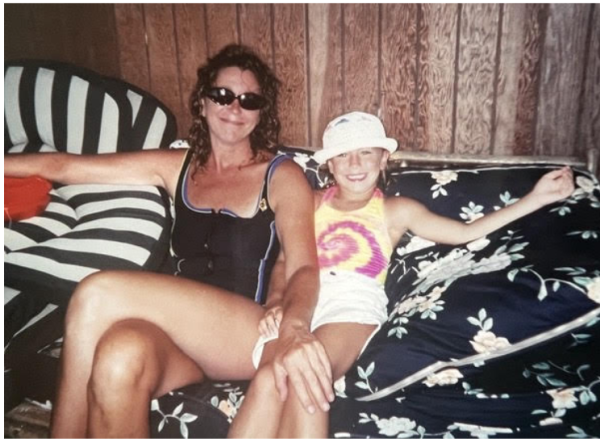
How do you manage planning your wedding while coaching?
“I am a busy person and I think that’s just a part of being a head coach – and a coach in general – because coaching takes a lot of time. If it’s something that you love, it’s worth it. Wedding planning has had its emotional challenges. Not having a mother with me to plan this has been a challenge that I’ve had to overcome, and that’s something I’ve been open and honest with my players about. I have my friends and my family, but I have a hole in my life that’s never going to get filled. I look at this volleyball team as my family and my support system. I might not have a mom to help me plan this, but I have an entire team to help me get through these things with me. It’s all about perspective, and I’m just blessed to have this team with me here throughout it all.”

